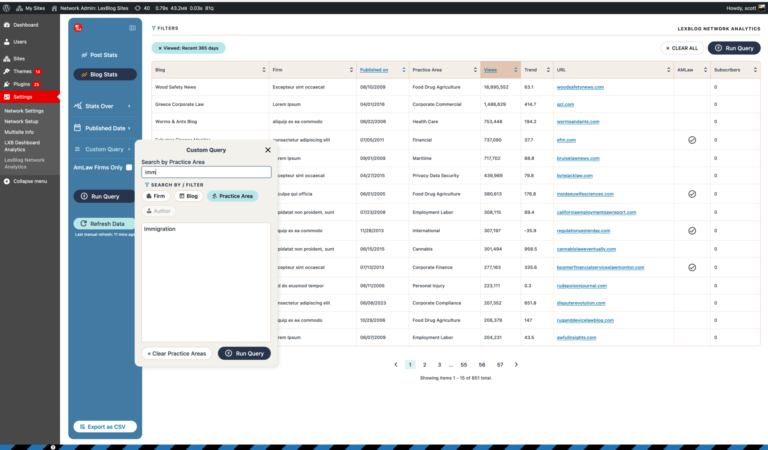The Evolving Landscape of Vehicle Ownership and Maintenance
In today’s fast-paced world, the relationship between individuals and their vehicles has changed significantly. No longer are car owners merely drivers or caretakers of machines; they are evolving into savvy strategists who must navigate a complex web of responsibilities, emotions, and financial considerations. This shift has inspired many to rethink their approach to vehicle maintenance, sales, and ownership altogether.
The transformative experience of vehicle maintenance often mirrors broader life changes. Take, for instance, the perspective shared by a car enthusiast who transitioned from DIY repairs to a streamlined approach that favors simplicity and time with loved ones. This change underscores a crucial realization: there exists a fine line between passion and practical efficiency, a line many are beginning to recognize as they juggle personal and professional lives.
Embracing Simplicity in Vehicle Maintenance
For many car owners, the idea of fixing and selling vehicles may bring a sense of pride, but it can also lead to feelings of burden and stress. Overwhelmed by the need to repair multiple vehicles, owners often find themselves in a cycle that detracts from their quality of life and family interactions.
This reflects a broader trend among modern car owners who seek to simplify their lives. The necessity of repairs can become a significant drain, not just financially but emotionally, as individuals find themselves spending more time in the garage than with their families. In this scenario, a critical question arises: why maintain a fleet of cars when the focus could be on fostering personal relationships?
By opting for simpler maintenance strategies, vehicle owners can carve out more time for what truly matters. Many have started to embrace the idea of utilizing repair services instead of DIY fixes, recognizing this choice as a way to reclaim precious hours that could be spent with family or engaging in personal hobbies. As a result, they find that this change does not significantly impact their finances; in fact, they may end up saving money in the long run by avoiding costly errors and missed opportunities.
Financial Considerations: The Cost of Ownership vs. Time Investment
From an economic standpoint, the decision to sidestep extensive repair work and vehicle sales can be enlightening. A traditional view of car ownership often revolves around the idea that one’s vehicle must be an investment—one that appreciates or at least maintains value over time. Conversely, the emerging mindset views cars as tools for transportation over assets that require emotional and financial upkeep.
By reducing the number of vehicles owned and focusing on what is necessary, an owner can streamline expenses—insurance, maintenance, and storage costs significantly drop. For instance, a single well-maintained vehicle can take the place of multiple vehicles, allowing the money that would have gone toward repairs and insurance to be allocated elsewhere, such as family vacations, hobbies, or saving for future needs.
Financial experts emphasize the importance of understanding the total cost of ownership, which includes factors beyond just purchase prices and resale values. The savings from simplifying vehicle ownership can result in greater financial fluidity, thus enabling more significant investment in personal well-being and family. The choice to prioritize family and leisure can set off a chain reaction, where the benefits of time and money spent wisely spiral into greater satisfaction and topical happiness.
Redefining Success in Vehicle Ownership
Success in vehicle ownership need not solely hinge on automotive value; it can and should be redefined. For many people, success begins to resemble a lifestyle choice fueled by personal values rather than societal pressures. The shift away from continual buying and selling of vehicles can signify liberation from conventional expectations surrounding ownership.
Take the example of an individual who, initially driven by the idea of maintaining the perfect car portfolio, found freedom in relinquishing that burden. This newfound freedom allows for more time spent nurturing relationships, enhancing family connections, and achieving personal growth. Acknowledging the need for rest and enjoyment is critical in addressing the often-overlooked emotional side of vehicle ownership.
As one navigates the automotive landscape, the choice to embrace simplicity—a single reliable vehicle over a fleet—can catalyze a more meaningful approach to life. Owners embracing this mindset often engage more fully in their communities, gifting them with opportunities for connection and friendship.
Tips for a Seamless Transition to Simplified Vehicle Ownership
- Assess Your Needs: Understand what your lifestyle truly requires. One reliable vehicle that meets your daily needs may suffice.
- Outsource Repairs: Consider hiring professionals for repairs rather than handling them yourself. This saves time and can ensure a higher-quality result.
- Financial Planning: Invest saved time and money into things that add value to your life, such as experiences, family activities, or personal development.
- Staying Informed: Regularly check market trends and vehicle efficiency, allowing you to make educated decisions regarding the vehicle you might choose to own.
- Community Engagement: Increase your participation in local activities to replace the time spent on repairs and maintenance with meaningful connections.
As we consider the evolving relationship between individuals and their vehicles, it becomes evident that success is not merely about monetary gain or the number of cars owned but rather about enriching our lives, prioritizing family, and finding deeper enjoyment within our journeys. Embracing a simplified vision of vehicle ownership may just be a transformative step toward a more fulfilling lifestyle.



